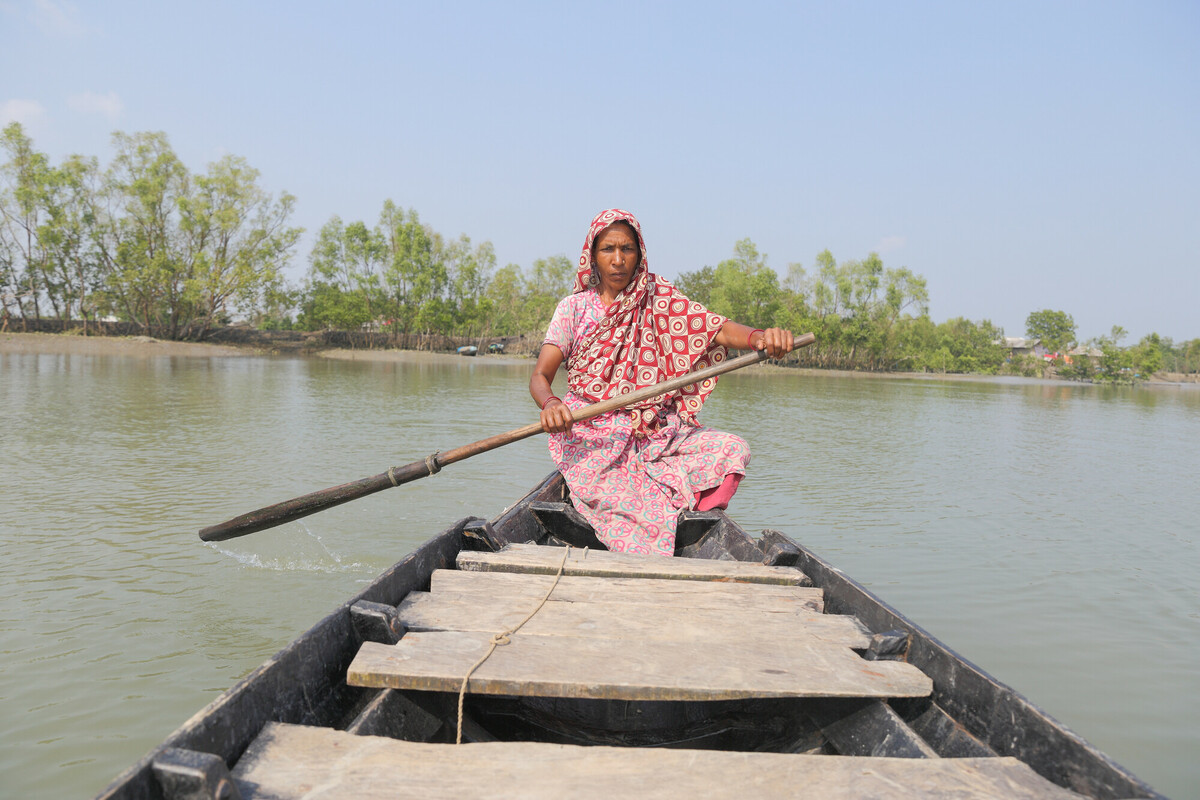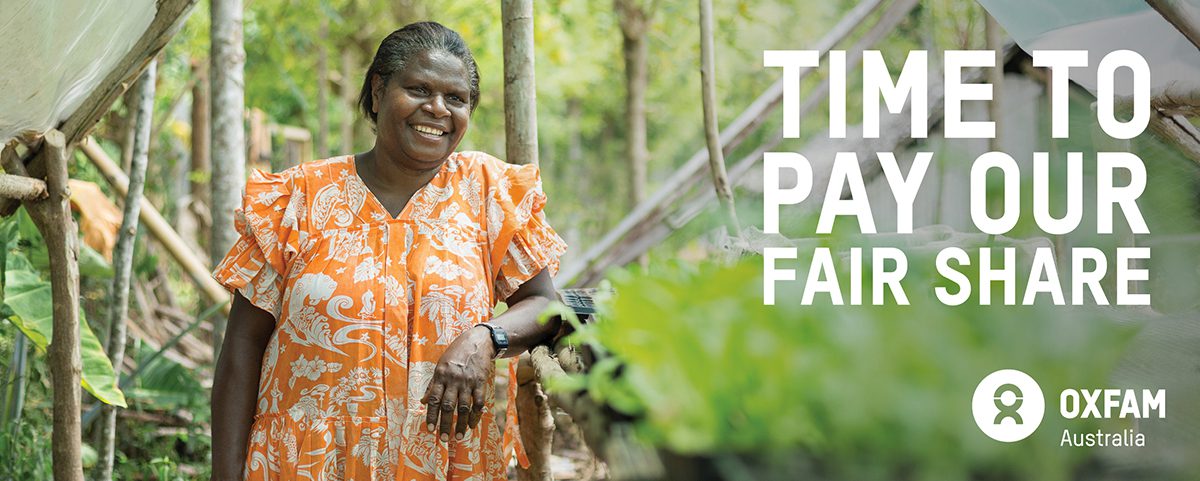On 5 July we heard that Cambodia’s Phnom Penh Sugar – a company implicated in various human rights abuses including forced evictions, food shortages and child labour – has suddenly repaid its loan to ANZ. ANZ now claims that it has no responsibility to support justice for affected communities, despite financing a notorious sugar plantation since 2010.
Yet just weeks ago an ANZ Australia senior staffer met with concerned groups to discuss an independent human rights assessment – a crucial first step in seeking justice. This gave real hope to the hundreds of people in crisis, who face threats of violence and intimidation if they speak out against Phnom Penh Sugar. But ANZ have cut and run.
Groups close to affected communities stress that ANZ has a responsibility to redress its role in human rights violations and work with communities to find fair compensation. They point to the clear evidence that ANZ knew the risks of backing Phnom Penh Sugar before it granted the company a loan for its Kampong Speu plantation.
This case also reflects a broader pattern of doing business in the ANZ. Our Banking on Shaky Ground report shows clear links between ANZ and other credible reports of land grabbing.
We’re worried that this recent development sets a dangerous precedent. That ANZ will cut and run, rather than work with communities to resolve issues associated with land grabbing. While ANZ and Phnom Penh Sugar have parted ways, ANZ has not committed to taking clear steps to achieve zero tolerance for land grabs in the rapidly expanding agriculture sector. This means that it can still use our money to back land grabbing.
Oxfam calls on ANZ to commit to working with the Kampong Speu community to find fair compensation, so that they can rebuild their lives.
We know that our letters and visits to banks are forcing them to take land grabbing seriously. Already, dealing with public outcry over ANZ lending practices in Cambodia has taken hours of senior ANZ staffers’ time.
We now need to ramp up the pressure to turn that attention into action.
Tell Australia’s big four banks to say no to land grabs.




